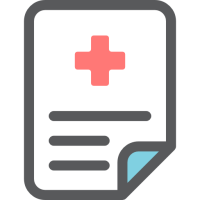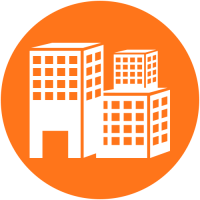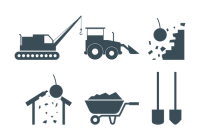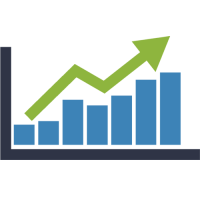Electronic Health Records (EHR) provide a rich integrated source of phenotypic information that allow for automated extraction and recognition of phenotypes from EHR narratives and provide an efficient framework for conducting epidemiological and clinical studies. In addition, when EHR are linked to genetic data in electronic biorepositories such as eMERGE and All of US, phenotype information embedded in EHR can be used to efficiently construct cohorts powered for genetic discoveries. However, limitations arise from repurposing data generated from healthcare processes for research, which can include data sparseness, low quality data and diagnostic errors. Phenotyping algorithms are developed to overcome these limitations providing a robust means to assess case status.






